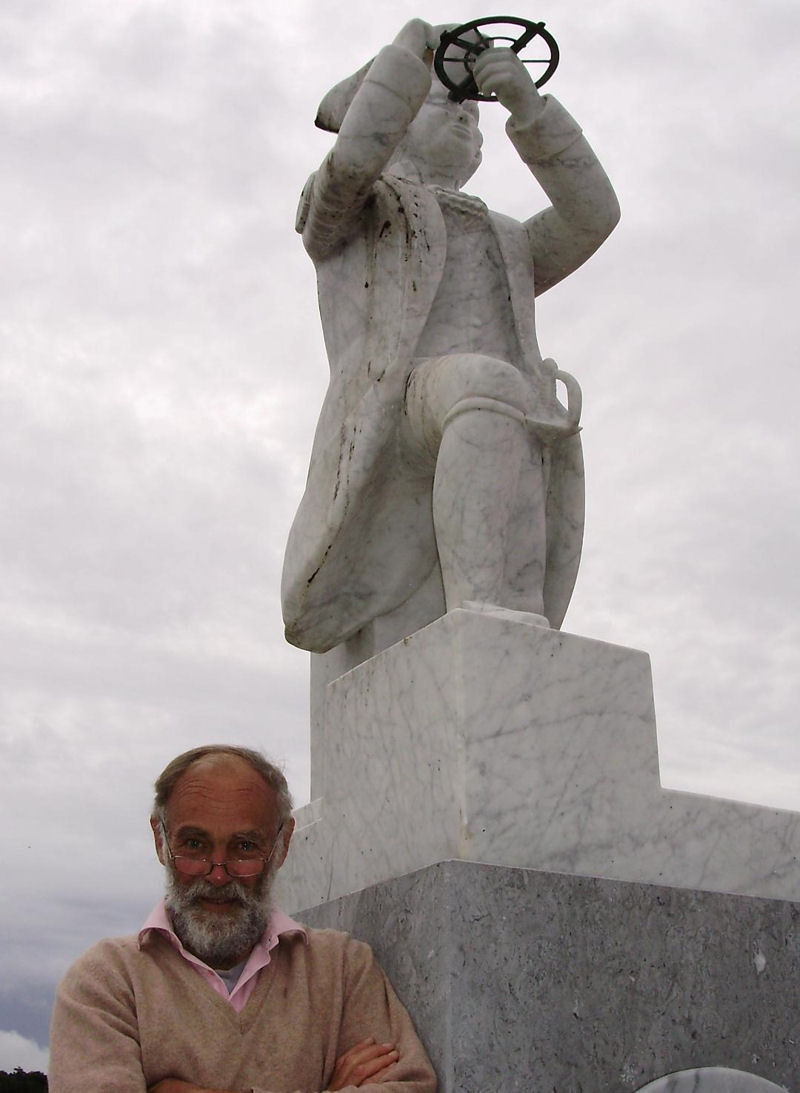2012-13: Catalonia and Scotland
 Thursday, December 13, 2012
Thursday, December 13, 2012 Both Catalonia and Scotland talk of majority vote referendums. Yet after the Dark Ages, the first European to criticise majority voting and to propose instead preference voting was a Catalan: Ramon Llull, the 12th Century father of the science of social choice. While he who led to the re-birth of this discipline was the 20th Century Scot, Duncan Black. So we have written to The Scotsman (Edinburgh) and The Times (London) in English, to El Pais (Madrid) in Spanish, and to .... (Barcelona) in .......
(See also 2014-12, 2013-15, 2012-10/1 and 2011-1.)



